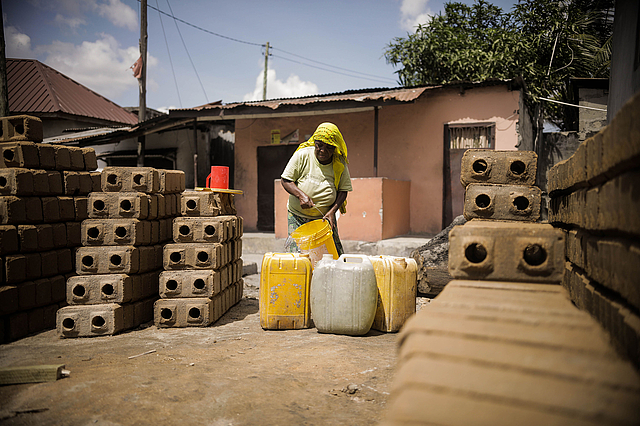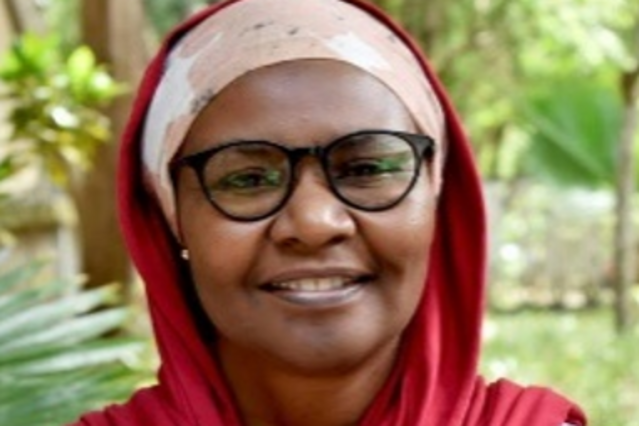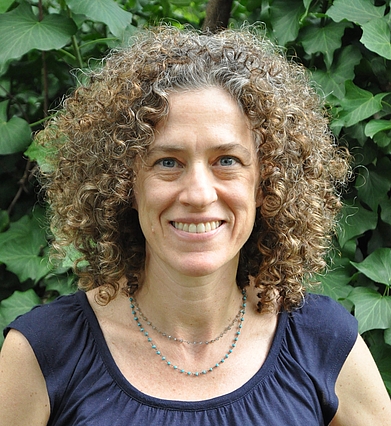A feminist perspective on urban justice
By Priscila Izar and Tatu Limbumba
As the world marks International Women’s Day today and vows for gender equality are renewed in Tanzania and around the world, it is crucial to focus on the struggle and the practices of women living in financially poor, physically precarious, and socially marginalised urban neighbourhoods. Urban poverty and marginalisation have a greater impact on local women than on men.
While sharing the struggle to make life better for their families, neighbours, and communities, women in poverty who are household heads face greater hardships: living with larger families, their income must spread more thinly. Their salaries are lower not just because of wage disparity. Women also dedicate many hours per day to unpaid care work. When migrating from rural to urban areas, women expect to find more opportunities, but they struggle, mostly due to job competition.
At the same time, women are protagonists in everyday actions that keep neighbourhoods together and protect livelihoods, from accessing drinking water and managing waste to guaranteeing school access for their children. Women do so by building strong social networks, forming strategic alliances and advocating for the rights of poor urban dwellers. A Tanzanian women’s chant says ‘chochea maendeleo’ or ‘women don’t stay put waiting for help’. It is a call to join their struggle to promote change, according to their own needs and their every day practices on the ground, where they live and work.
What are women in Tanzanian cities struggling with?
It is no news that sub-Saharan African countries, Tanzania particularly, are urbanising at unprecedented rates (expected to increase from 34 percent in 2018 to 49 percent by 2040 according to the World Bank). Most urbanisation happens in areas typically defined as informal settlements. We would rather call them self-built territories: neighbourhoods that grow incrementally through resident’s own labour and gradual investment. Women play a big role in the day-to-day building and maintenance of these areas. And yet, their labour, the spaces they produce, and the impact of these experiences in their lives are often ignored in policy debates both about the city and gender equality promotion. Keeping women’s practice and their lived experiences invisible helps perpetuate gender inequalities.
While Tanzania’s Land and Village Act promotes gender equality by prioritising women’s lands rights, in practice, Tanzanian women remain vulnerable to patrimonial violence and dispossession, subjected to eviction when becoming widowed or divorced. Increased opportunities to (low-paid) work alone is unlikely to lift women out of poverty, since poverty and oppression are multidimensional and affect women differently. How a woman’s income is distributed once she brings it home, and how much she can save or invest, varies according to her status within her family. For example, the Property and Business Formalisation Program (Mkurabita), Tanzania’s main instrument for tenure regularisation, property titling and business expansion, offers little help to women who are less likely to seek, and to be granted, financial credit. In fact, informal women workers in Dar es Salaam, such as food traders, rely on their social networks, not on financial institutions, to secure loans.
To empower women in self-built neighbourhoods means to enable them to access safe drinking water, sanitation, mobility, food and tenure security, among other basic human rights. But to reverse decades of macroeconomic crisis-induced disinvestment in Tanzania, the public sector must step in and support neighbourhood-level systems in partnership with residents, community-based organisations, trade unions and non-governmental organisations. While Tanzania is making significant investments in urban infrastructure today, the priority are large-scale projects that increase export flows and attract financial investors. Dar es Salaam’s landscape has changed significantly with the expansion of its road and transportation network indeed. But programs such as the Dar es Salaam Metropolitan Project (DMDP), which aims to improve mobility of urban residents, should focus on self-built territories to help improving the lives of women.
Focusing on women’s practices on the ground
Overall, it is crucial that debates about development and gender focus on the lived experiences of women in cities: how they struggle, form alliances and work on the ground. Across Tanzania’s cities, communities already organise in local chapters of the Tanzanian Federation of the Urban Poor (TFUP), led by women. Federation women, as they call themselves, and their communities can gain significantly from these initiatives. However, these gains can be offset by the persistent outsourcing of service provision to the private sector.
Listening to their saying, ‘chochea maendeleo’, we are reminded that Tanzanian women struggling in their territories don’t sit and wait for help; they operate through strategic alliances and collective action. Promoting gender and urban justice for everyone requires attention to women’s daily practices, tactics and lived experiences of action and solidarity.
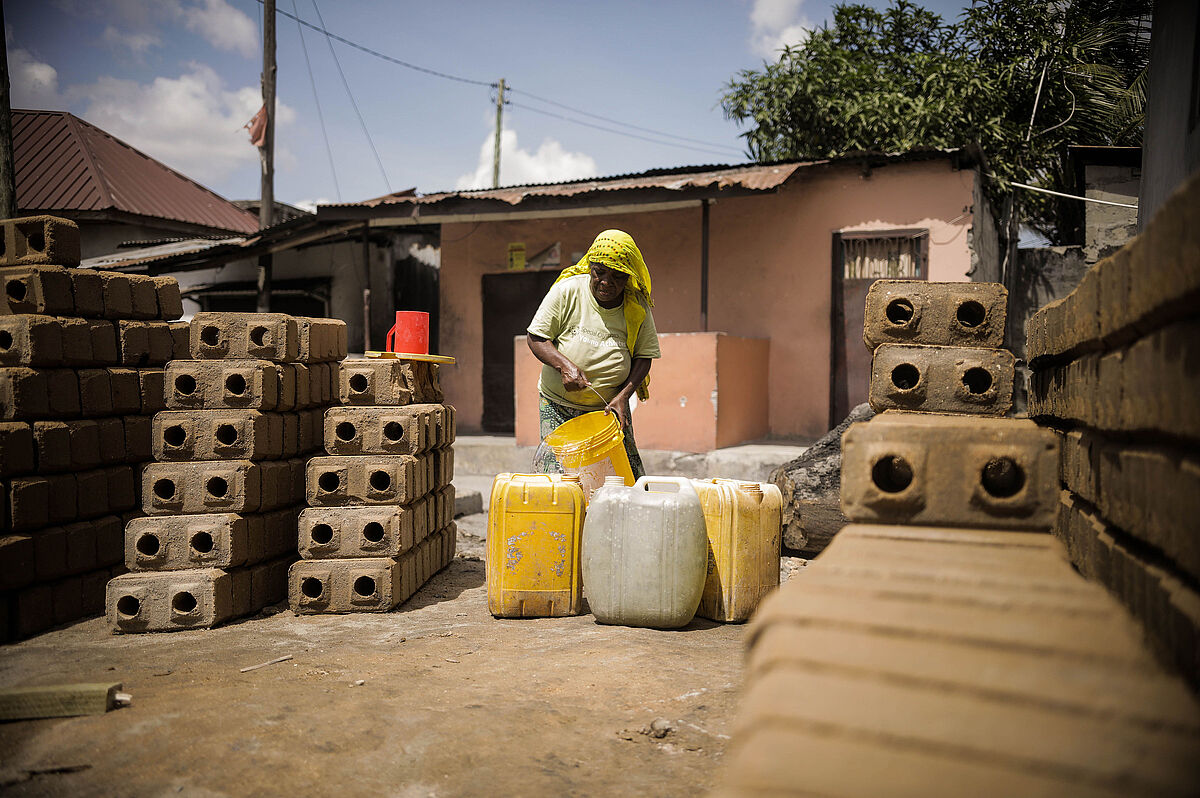
By Priscila Izar and Tatu Limbumba
As the world marks International Women’s Day today and vows for gender equality are renewed in Tanzania and around the world, it is crucial to focus on the struggle and the practices of women living in financially poor, physically precarious, and socially marginalised urban neighbourhoods. Urban poverty and marginalisation have a greater impact on local women than on men.
While sharing the struggle to make life better for their families, neighbours, and communities, women in poverty who are household heads face greater hardships: living with larger families, their income must spread more thinly. Their salaries are lower not just because of wage disparity. Women also dedicate many hours per day to unpaid care work. When migrating from rural to urban areas, women expect to find more opportunities, but they struggle, mostly due to job competition.
At the same time, women are protagonists in everyday actions that keep neighbourhoods together and protect livelihoods, from accessing drinking water and managing waste to guaranteeing school access for their children. Women do so by building strong social networks, forming strategic alliances and advocating for the rights of poor urban dwellers. A Tanzanian women’s chant says ‘chochea maendeleo’ or ‘women don’t stay put waiting for help’. It is a call to join their struggle to promote change, according to their own needs and their every day practices on the ground, where they live and work.
What are women in Tanzanian cities struggling with?
It is no news that sub-Saharan African countries, Tanzania particularly, are urbanising at unprecedented rates (expected to increase from 34 percent in 2018 to 49 percent by 2040 according to the World Bank). Most urbanisation happens in areas typically defined as informal settlements. We would rather call them self-built territories: neighbourhoods that grow incrementally through resident’s own labour and gradual investment. Women play a big role in the day-to-day building and maintenance of these areas. And yet, their labour, the spaces they produce, and the impact of these experiences in their lives are often ignored in policy debates both about the city and gender equality promotion. Keeping women’s practice and their lived experiences invisible helps perpetuate gender inequalities.
While Tanzania’s Land and Village Act promotes gender equality by prioritising women’s lands rights, in practice, Tanzanian women remain vulnerable to patrimonial violence and dispossession, subjected to eviction when becoming widowed or divorced. Increased opportunities to (low-paid) work alone is unlikely to lift women out of poverty, since poverty and oppression are multidimensional and affect women differently. How a woman’s income is distributed once she brings it home, and how much she can save or invest, varies according to her status within her family. For example, the Property and Business Formalisation Program (Mkurabita), Tanzania’s main instrument for tenure regularisation, property titling and business expansion, offers little help to women who are less likely to seek, and to be granted, financial credit. In fact, informal women workers in Dar es Salaam, such as food traders, rely on their social networks, not on financial institutions, to secure loans.
To empower women in self-built neighbourhoods means to enable them to access safe drinking water, sanitation, mobility, food and tenure security, among other basic human rights. But to reverse decades of macroeconomic crisis-induced disinvestment in Tanzania, the public sector must step in and support neighbourhood-level systems in partnership with residents, community-based organisations, trade unions and non-governmental organisations. While Tanzania is making significant investments in urban infrastructure today, the priority are large-scale projects that increase export flows and attract financial investors. Dar es Salaam’s landscape has changed significantly with the expansion of its road and transportation network indeed. But programs such as the Dar es Salaam Metropolitan Project (DMDP), which aims to improve mobility of urban residents, should focus on self-built territories to help improving the lives of women.
Focusing on women’s practices on the ground
Overall, it is crucial that debates about development and gender focus on the lived experiences of women in cities: how they struggle, form alliances and work on the ground. Across Tanzania’s cities, communities already organise in local chapters of the Tanzanian Federation of the Urban Poor (TFUP), led by women. Federation women, as they call themselves, and their communities can gain significantly from these initiatives. However, these gains can be offset by the persistent outsourcing of service provision to the private sector.
Listening to their saying, ‘chochea maendeleo’, we are reminded that Tanzanian women struggling in their territories don’t sit and wait for help; they operate through strategic alliances and collective action. Promoting gender and urban justice for everyone requires attention to women’s daily practices, tactics and lived experiences of action and solidarity.
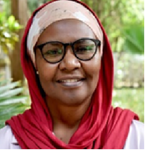
Dr. Tatu Limbumba is a Senior Research Fellow at the Institute of Human Settlements Studies, Ardhi University. Tatu is a member of the Just City Platform (JCP) in Tanzania. You can see her work here.

Dr. Priscila Izar is a Visiting Research Fellow at the School of Architecture and Planning, Centre for Urbanism and the Built Environment Studies (CUBES), University of the Witwatersrand, Johannesburg, South Africa. Priscila is a member of the Just City Platform (JCP) in Tanzania. You can see her work here.
